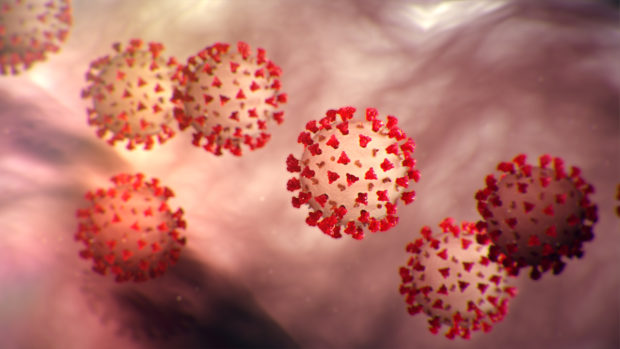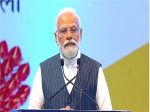
COVID-19 patients can be categorised into three groups, say scientists
Team Udayavani, Apr 4, 2021, 10:33 AM IST

Washington: Scientists have identified three different types of COVID-19 disease traits in patients, depending on their comorbidities, complications, and clinical outcomes, an advance that may help target future interventions to the most risk-prone individuals.
The new study, published in the journal PLOS ONE, analysed the electronic health records (EHRs) from 14 hospitals in the midwestern US and from 60 primary care clinics in the state of Minnesota.
According to the researchers, including those from the University of Minnesota in the US, the study included 7,538 patients with confirmed COVID-19 between March 7 and August 25, 2020, of which 1,022 patients required hospitalisation.
Close to 60 per cent of the patients included in the research presented with what the researchers called “phenotype II.”
They said about 23 per cent of the patients presented with “phenotype I,” or the “adverse phenotype,” which was associated with the worst clinical outcomes.
The researchers said these patients had the highest level of comorbidies related to heart and kidney dysfunction.
According to the study, 173 patients, or 16.9 per cent presented with “phenotype III,” or the “favorable phenotype,” which the scientists said was associated with the best clinical outcomes.
While this group had the lowest complication rate and mortality, the scientists said these patients had the highest rate of respiratory comorbidities as well as a 10 per cent greater risk of hospital readmission compared to the other phenotypes.
Overall, they said phenotypes I and II were associated with 7.30-fold and 2.57-fold increases in hazard of death relative to phenotype III.
Based on the results, the scientists said such phenotype-specific medical care could improve COVID-19 outcomes.
However, they believe further studies are needed to determine the utility of these findings in clinical practice.
“Patients do not suffer from COVID-19 in a uniform matter. By identifying similarly affected groups, we not only improve our understanding of the disease process, but this enables us to precisely target future interventions to the highest risk patients,” the scientists added.
Udayavani is now on Telegram. Click here to join our channel and stay updated with the latest news.
Top News
Related Articles More

Breast cancer to cause a million deaths a year by 2040: Lancet commission

Will to resist temptations, achieve goals more trustworthy than using apps, study finds

Govt directs e-commerce firms to remove drinks, beverages from ‘health drinks’ category

Experiencing abuse, neglect as child linked to lifelong ill-health: Study

Pesticide exposure can increase the risk of Parkinson’s disease in individuals
MUST WATCH
Latest Additions

Actor, director and producer Dwarakish no more

Firing outside Salman Khan’s home: 2 persons arrested from Gujarat

Passenger bitten by snake on Madurai-bound train

Manipal Hospitals hosts special evening for young cancer survivors at RCB match, Bringing joy and hope to lives

LS poll battle of 2 ideologies, people have faith in PM Modi’s vision of developed India: Mandlik
























